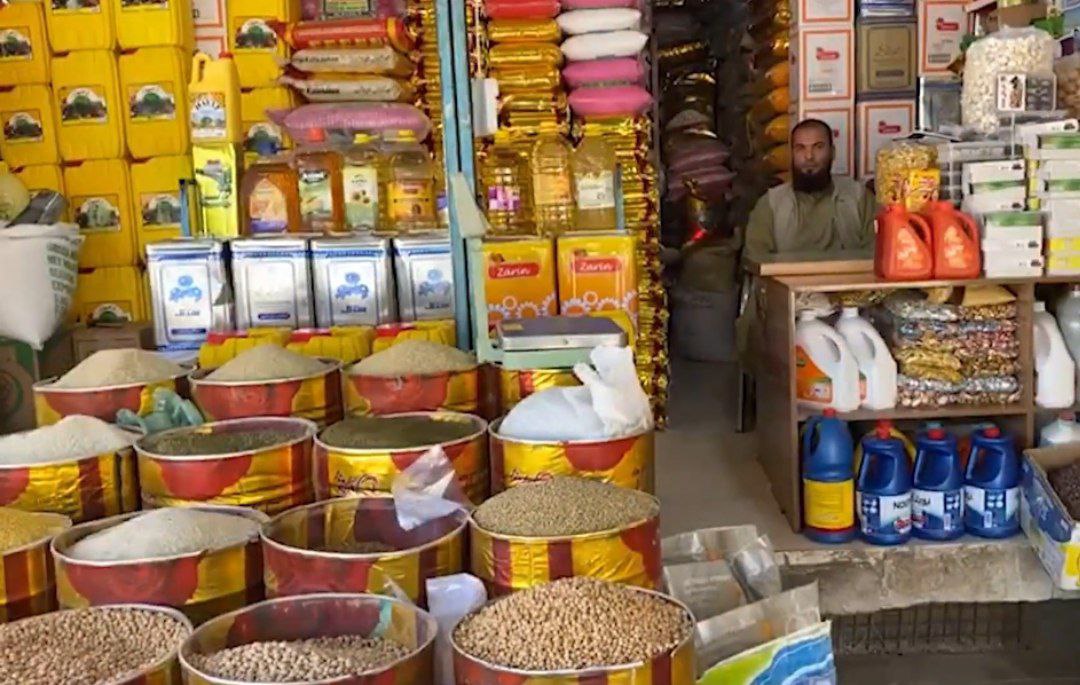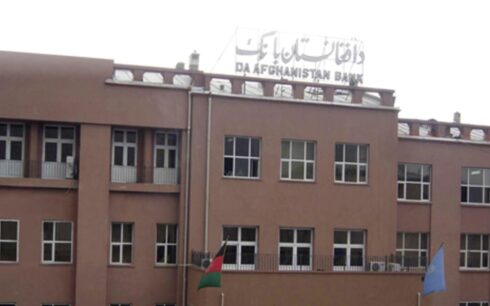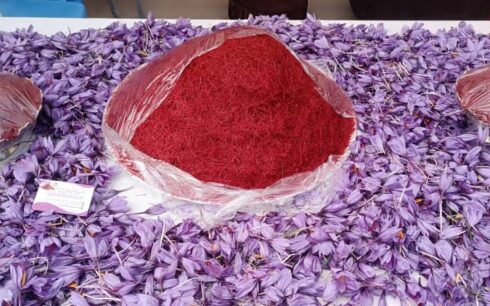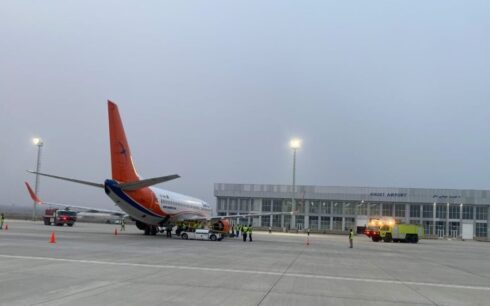KABUL, Afghanistan — Residents of Kabul say they are grappling with skyrocketing food prices as winter approaches, compounding their economic struggles amid already soaring fuel costs.
Mohammad Zahir, 60, a laborer who works long hours to support his family of eight, says the rising prices have added to his worries. Despite suffering from chronic back pain, he feels compelled to keep working to provide for his family.
“With winter coming, food prices are so high that we can barely afford basic necessities,” Zahir said. “Out of ten households, only one might have a proper meal. The rest make do with bread and tea. When children go to school hungry, how can they concentrate or learn properly?”
Afghans have faced years of economic hardship, but the situation has worsened dramatically since the Taliban regained power in 2021. Many residents in Kabul and other provinces report struggling with poverty and rising costs of fuel and food, especially during winter, with little relief in sight.
Rising costs of essential foods
Food prices in Kabul have risen sharply compared to two months ago:
A 49-kilogram sack of flour has increased from 1,500 to 1,600 Afghanis (approximately $22.40 to $23.90).
A 24-kilogram bag of rice has gone up from 3,100 to 3,500 Afghanis (approximately $46.30 to $52.20).
A 5-liter bottle of cooking oil has risen from 430 to 550 Afghanis (approximately $6.40 to $8.20).
The current exchange rate is approximately 100 U.S. dollars to 6,700 Afghanis, highlighting the inflationary pressures on household budgets.
Some shopkeepers claim they set prices based on the Taliban administration’s municipal rate lists. However, when contacted, Taliban officials declined to comment on the matter.
Fuel costs further strain budgets
In addition to rising food prices, the cost of firewood and coal—essential for heating during Afghanistan’s harsh winters—has also surged. Residents report that a cartload of firewood now costs between 12,000 and 14,000 Afghanis in Kabul markets, a 40 percent increase compared to last year.
For many families, the rising costs have made even basic survival a struggle. “No one is addressing our problems,” one Kabul resident said. “We’re left to fend for ourselves in these difficult times.”
As the harsh Afghan winter looms, Kabul’s residents are bracing for an increasingly difficult season, with no clear solutions to the worsening economic crisis in sight.





